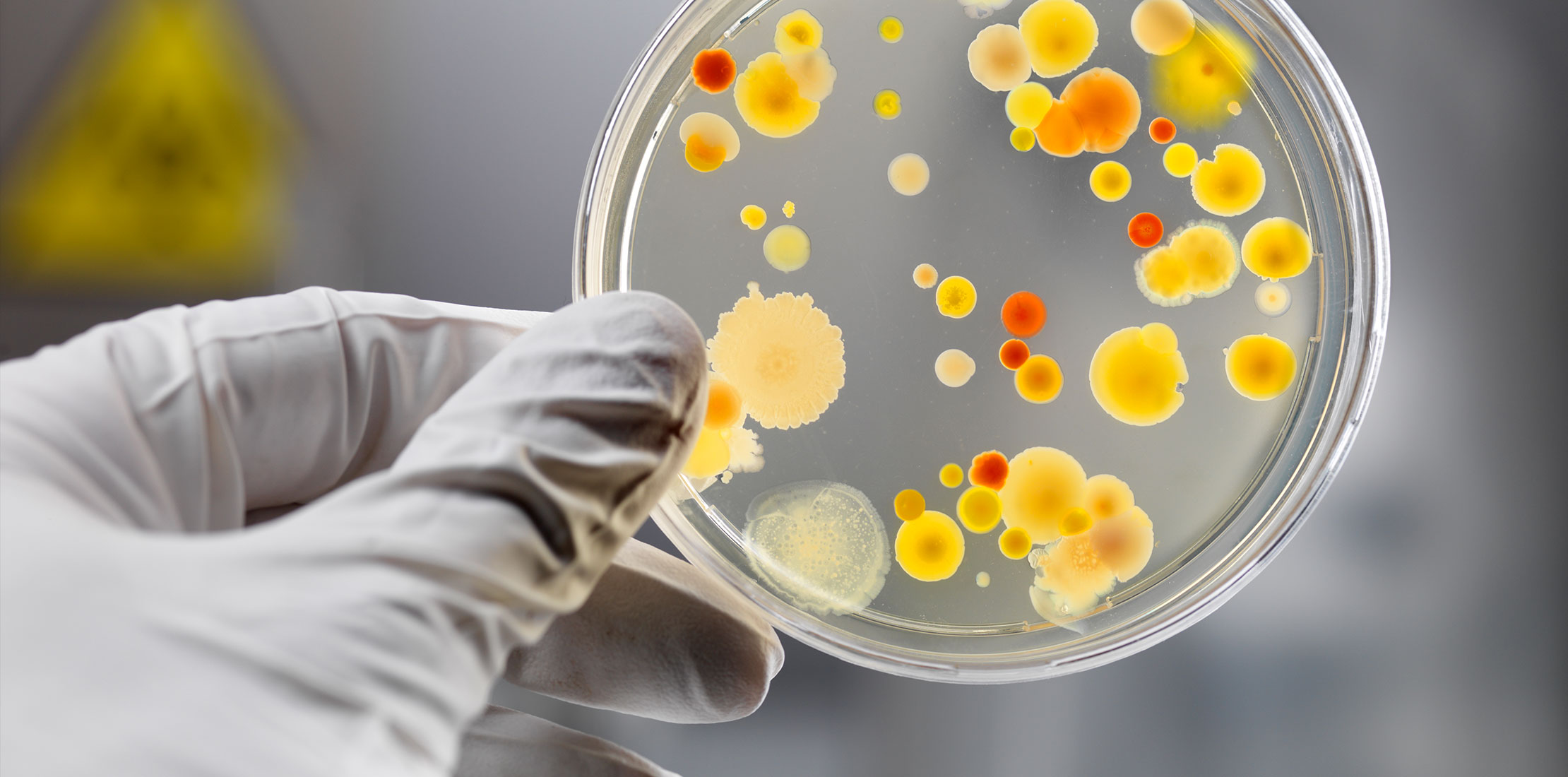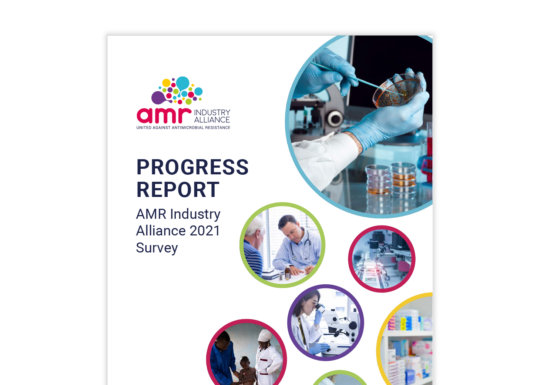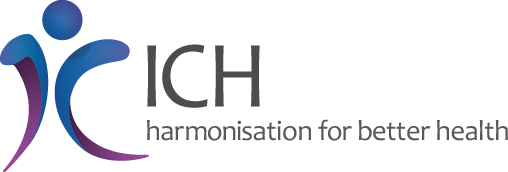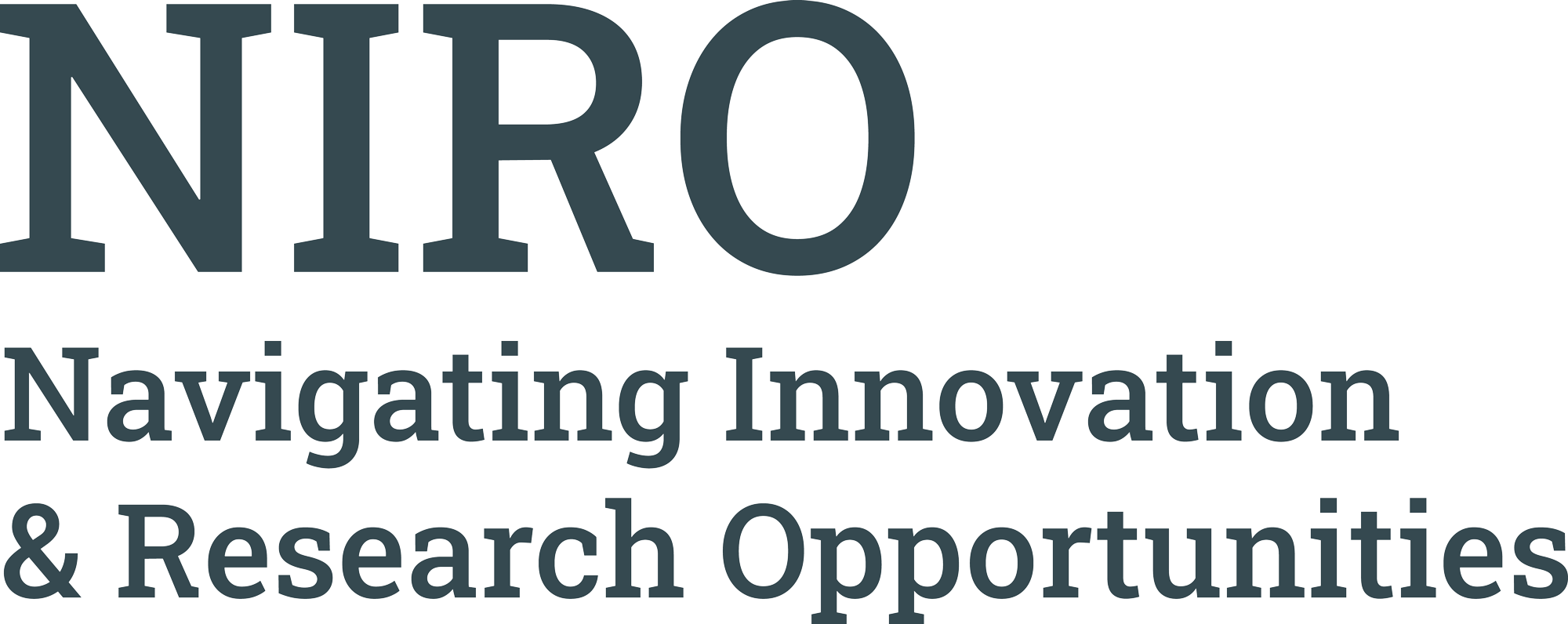AMR Industry Alliance
The AMR Industry Alliance, chaired by IFPMA, is one of the largest private sector coalitions providing sustainable solutions to curb antimicrobial resistance (AMR).
Overview
AMR is recognized as one of the most serious public health concerns worldwide. The WHO, G7, G20, and many world leaders have acknowledged the growing dangers AMR presents, and the threat it poses to achieving the Sustainable Development Goals (SDGs).
In 2016, the United Nations called for action from governments and various sectors to comprehensively address the implications of AMR and implement strategies at national level. The AMR Industry Alliance is the life-sciences industry’s response.

IFPMA was instrumental in establishing the AMR Industry Alliance in 2017 and remains its legal secretariat.
Today, the Alliance brings together over 100 biotech, diagnostics, generics, and research-based pharmaceutical companies and associations to collaborate, provide solutions, and report on progress.
The principles of the AMR Industry Alliance are based on its two founding documents: the Davos Declaration and the Industry Roadmap. Since then, Alliance commitments have evolved in line with industry progress and global priorities.
Looking ahead, continued cross-sector collaborations, along with policy and regulatory changes toward a more sustainable marketplace, are much needed.
Four key focus areas
Research and science
Invest in R&D to meet public health needs with new innovative diagnostics and treatments
Appropriate use
Work to reduce the development of AMR
Access
Improve access to high-quality antibiotics and make sure new ones are available to everyone
Manufacturing
Reduce the environmental impact of manufacturing
members from R&D-based companies, diagnostics, generics, biotechnology, and trade associations
invested annually in AMR-related R&D by Alliance members in FY 2019 and 2020
progress reports published since the Alliance was launched
Measuring progress: The Alliance Progress Report
To drive and measure industry progress against AMR, the Alliance regularly publishes a Progress Report.
The Report reflects collective achievements from the life sciences industry to minimize the spread of AMR.
It reports results from across Alliance membership on their current AMR activities related to research and science, access, appropriate use, and manufacturing & environment.

2021 Progress report
The leading coalition of biotechnology, diagnostics, generic, and large research-based pharmaceutical companies continues to demonstrate focus and leadership from the life sciences sector.
Antibiotic Manufacturing Standard
In June 2022, the AMR Industry Alliance launched its Antibiotic Manufacturing Standard, facilitated by BSI Standards Limited (BSI).
The Standard builds on years of the Alliance’s leading work on responsible antibiotic manufacture, providing clear guidance to manufacturers in the global antibiotic supply chain to make sure their antibiotics are made responsibly.
It formalizes the Alliance’s 2018 Common Antibiotic Manufacturing Framework, which described a risk-based approach to assessing and controlling antibiotic manufacturing waste streams.
The Alliance in action
The AMR Industry Alliance is actively investing in research to develop new antibiotics and vaccines. Find out more about our work and how you can get involved.





